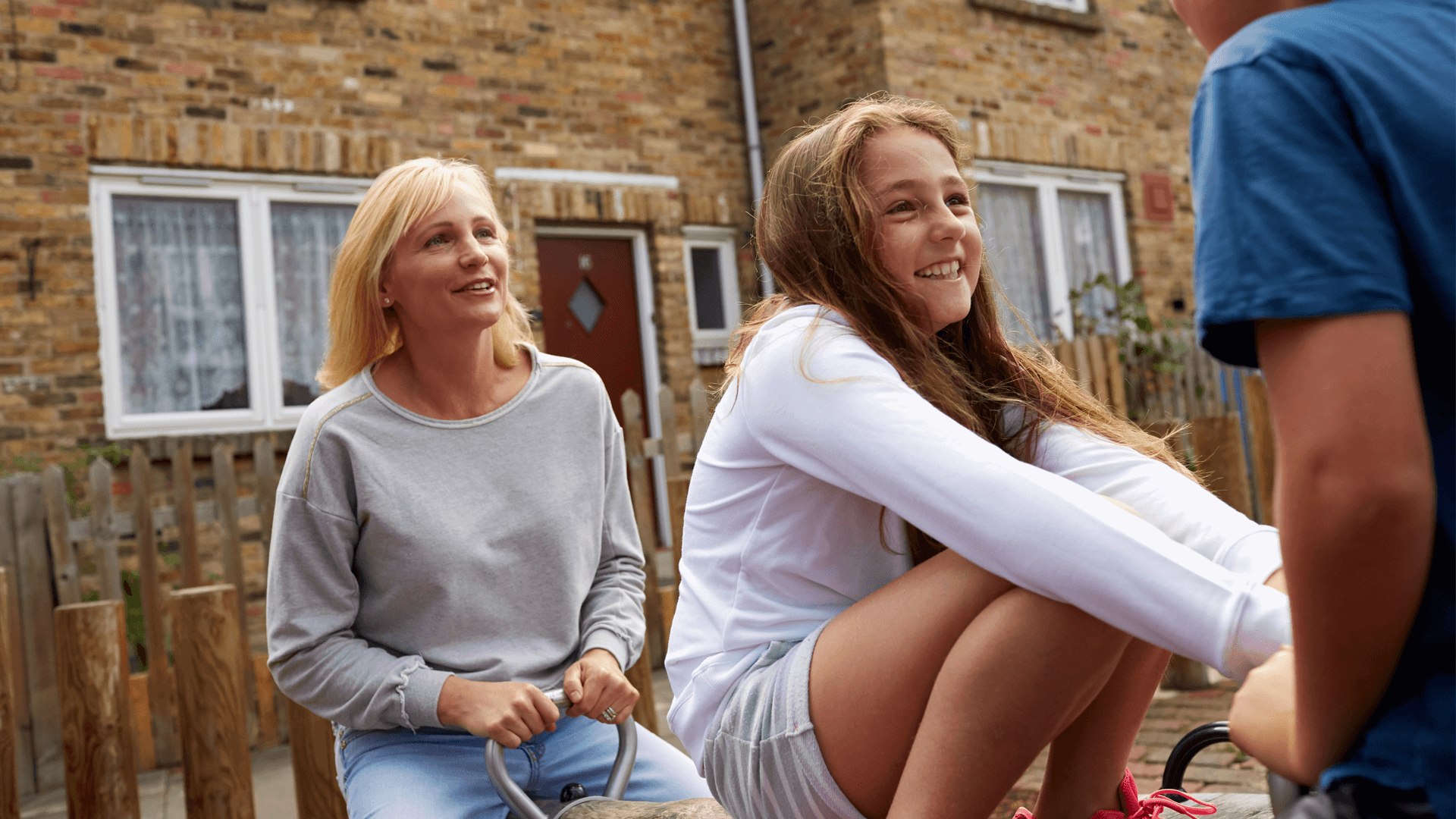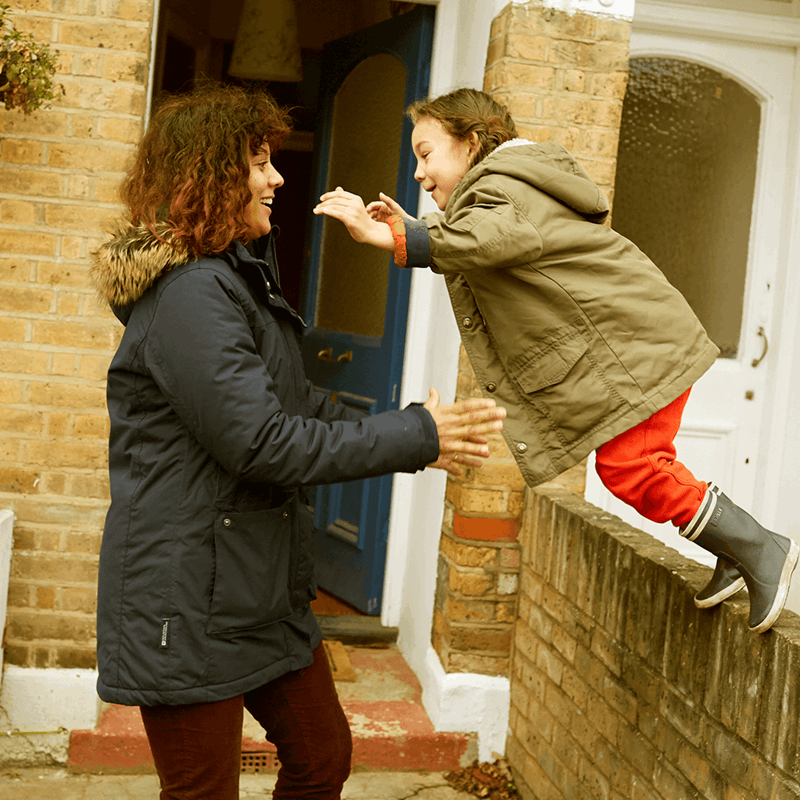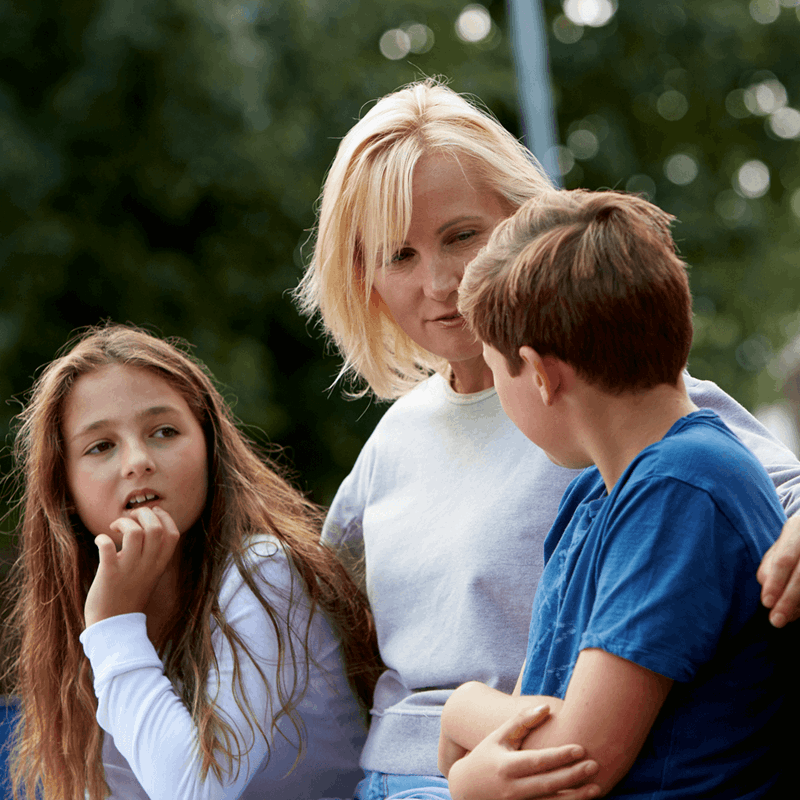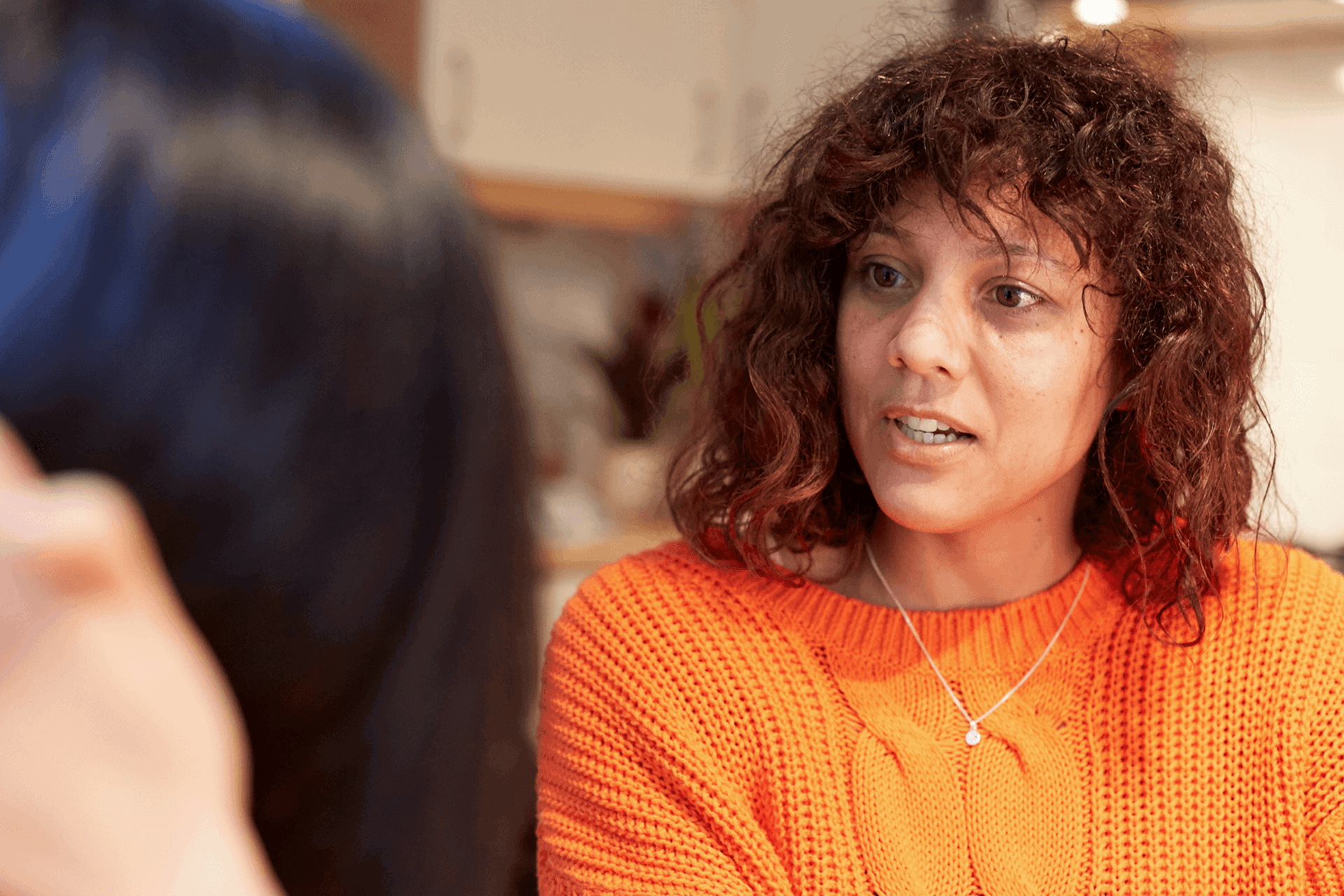Early help in your area
Early help provision, referral systems, and waiting lists vary significantly between local authorities and nations of the UK.
Your area might use a Single Point of Access system to process referrals, directing you to the most appropriate service (e.g. early help, social services, or CAMHS). Or it might require direct referral to one specific service.
Information relevant to your area should be available on your local authority website. Just use the name of your local authority and the term ‘early help’ on a search engine.
It might also be listed under your area’s Local Offer (again, search for 'Local Offer' on your local authority website or a search engine). You can also ask your GP surgery or school for contact details and information.





